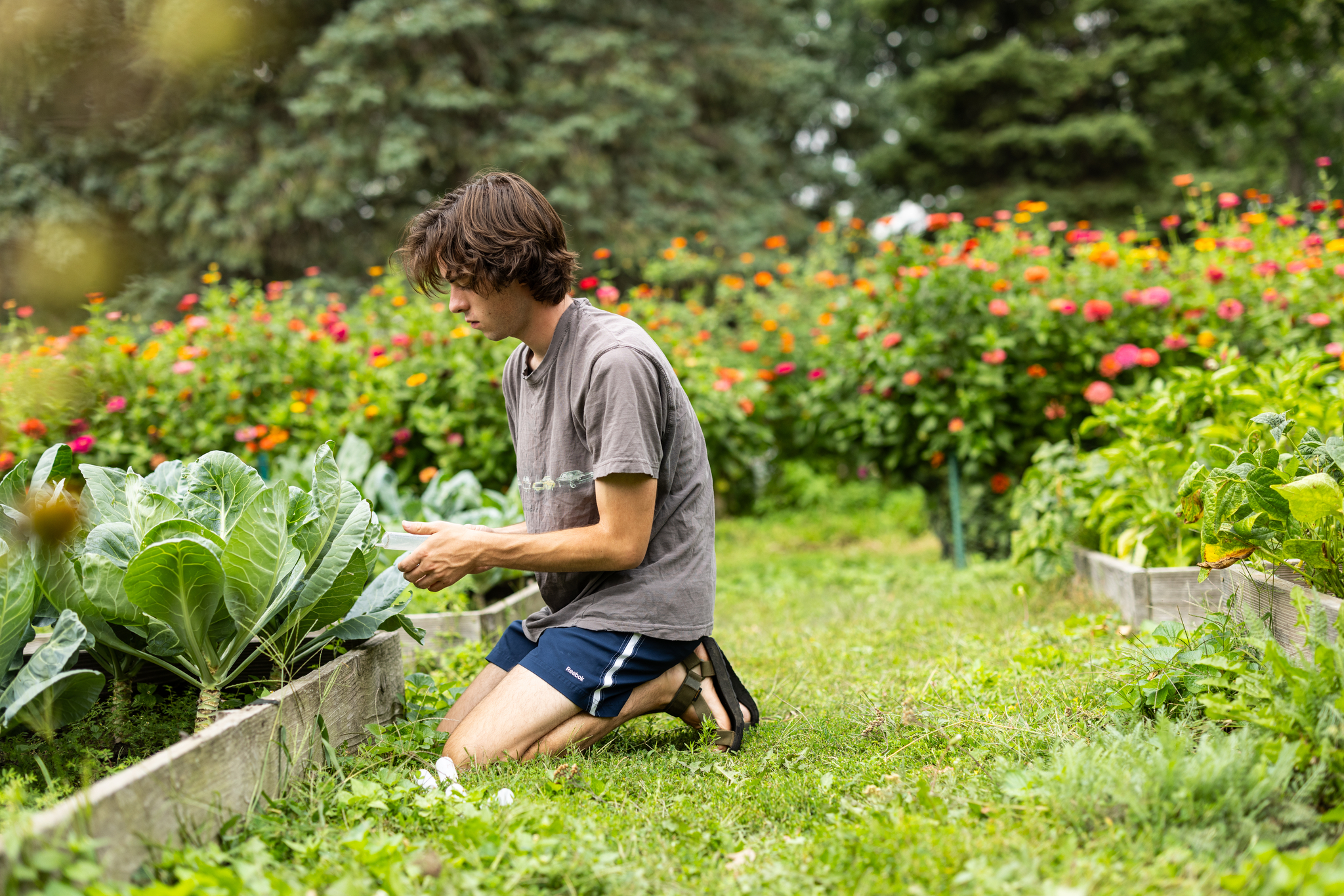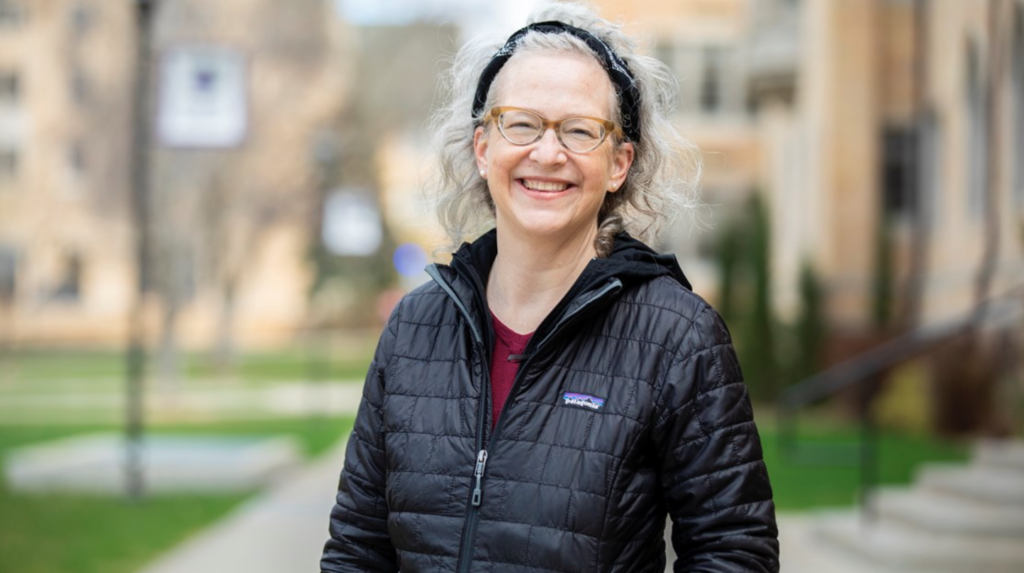The National Science Foundation has awarded the University of St. Thomas in Minnesota a $363,000 research grant to study the impacts of urban agriculture. The grant comes as the popularity of urban farms, backyard plots and community gardens continue to grow in the U.S. amid a changing climate.
The project, “Measuring Ecosystem Services from Urban Agriculture” will focus on identifying the benefits from a variety of urban farms and gardens. Benefits include water filtration and atmosphere cooling, according to biology faculty Chip Small and Eric Chapman. They hope to assess how urban agriculture may be part of a city’s overall strategy for climate adaptation.
“With urban agriculture, there are a ton of benefits, but it’s a complex issue for cities to grapple with during a time of climate change,” Small said. “We hope to help identify the potential benefits and tradeoffs so that our leaders have the context to develop policies that protect their communities and the ecosystems they are part of.”

This new research builds on a seven-year study at the University of St. Thomas. The team evaluated the impact of compost and recycled nutrients in urban gardening. Funded by a previous NSF grant, researchers worked to develop composting applications that would provide plants with the right amount of nitrogen and phosphorus. Their findings (article 1 and article 2) were recently published in the journal of Urban Agriculture & Regional Food Systems.
With this new grant, St. Thomas teams will expand their project by testing out different irrigation and rainfall scenarios to better understand the interaction between climate change and recycled organic matter. They will also work with urban farms and community gardens across the Twin Cities in Minnesota to study and develop models for a wide variety of soil conditions and management practices.
“As cities embrace urban agriculture, one of the biggest challenges we’re facing is what to do with all of the organic waste that gardens and farms produce,” Small said. “We plan to look at how we can reuse organic waste without inadvertently creating other problems throughout the ecosystem, such as phosphorus pollution in our local Minnesota lakes.”
The University of St. Thomas received this funding from the National Science Foundation’s Division of Environmental Biology on Sept. 1, 2024. St. Thomas undergraduate students will work with faculty over the next three years on the project.







